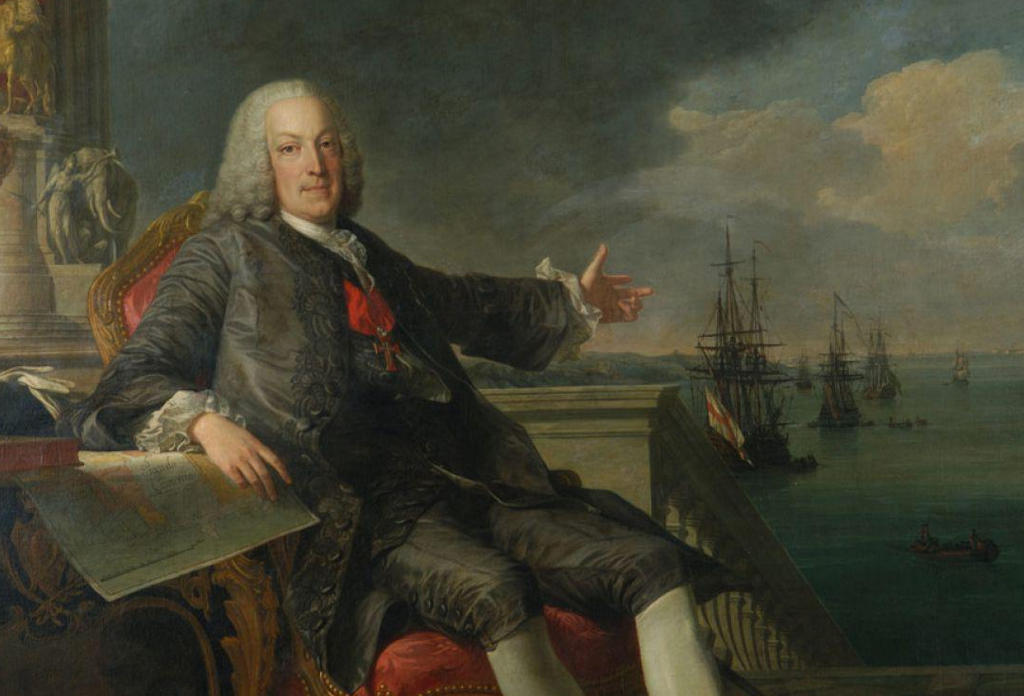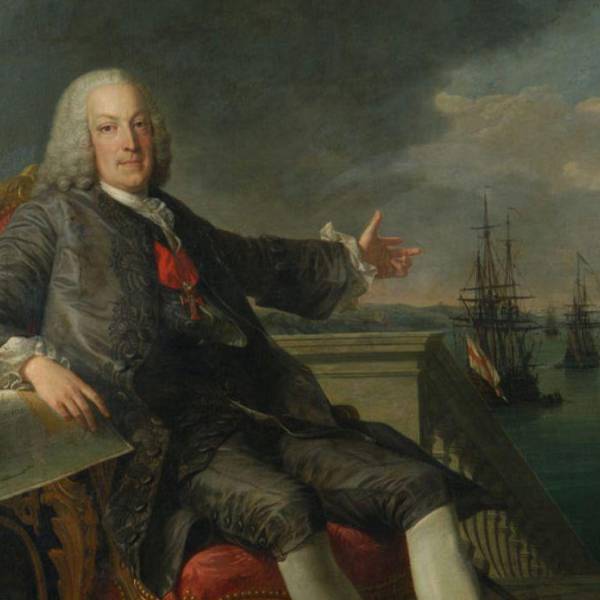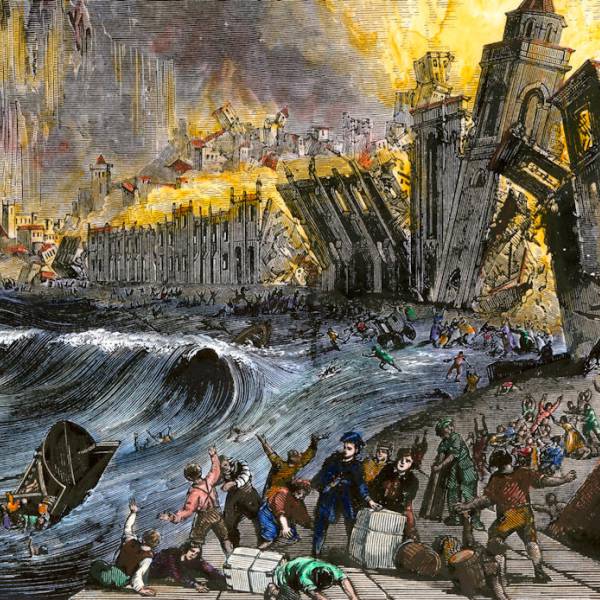Upon assuming power, Marquês de Pombal wasted no time in implementing a series of groundbreaking reforms aimed at modernizing Portugal and strengthening its position on the global stage. Lisbon, as the capital city, became the epicenter of these transformative changes.
Pombal implemented policies to stimulate trade, modernize industries, and boost Lisbon's economy. He established trade agreements, supported local businesses, and invested in infrastructure projects that improved transportation and commerce within the city.
Pombal spearheaded urban planning initiatives that transformed Lisbon's cityscape. He rebuilt the city after the devastating earthquake of 1755, introducing new architectural styles and designing wide avenues and squares. One of his notable contributions is the Baixa Pombalina, a downtown area characterized by elegant Neoclassical buildings.
Recognizing the importance of education, Pombal reformed the educational system in Lisbon, establishing new schools and promoting scientific and cultural endeavors. He encouraged the spread of knowledge through the creation of libraries, academies, and scientific societies, elevating Lisbon's intellectual and cultural standing.
Pombal aimed to modernize society by implementing social reforms. He abolished slavery in Portugal, promoted religious tolerance, and initiated measures to protect the rights of individuals, fostering a more inclusive and equitable society in Lisbon.
Lisbon.vip Recommends
The Marquis of Pombal's reforms had a profound and lasting impact on Lisbon. His visionary leadership and modernization efforts transformed the city into a thriving hub of commerce, culture, and intellectual pursuits. Lisbon emerged as a vibrant cosmopolitan center, attracting artists, scholars, and merchants from around the world. The architectural legacy of Pombal's urban planning can still be seen in the streets of Lisbon today, showcasing his enduring influence.
The Marquis of Pombal's close ties to Lisbon and his visionary reforms played a pivotal role in shaping the city's destiny. His bold initiatives in economic, urban, educational, and social realms transformed Lisbon into a modern European capital. The legacy of the Marquis of Pombal lives on, as his contributions continue to be celebrated and appreciated in the vibrant streets and rich cultural fabric of Lisbon.






